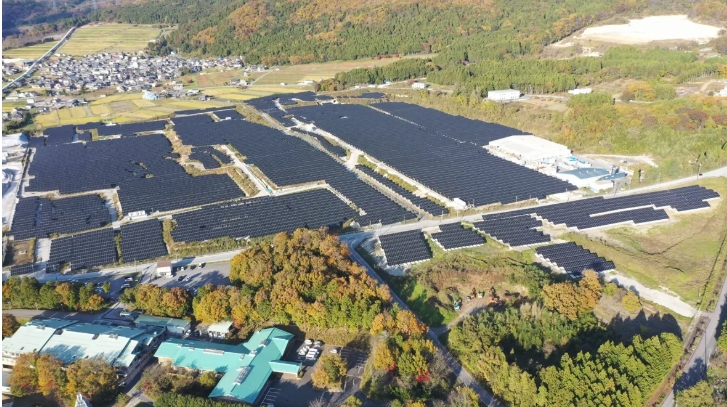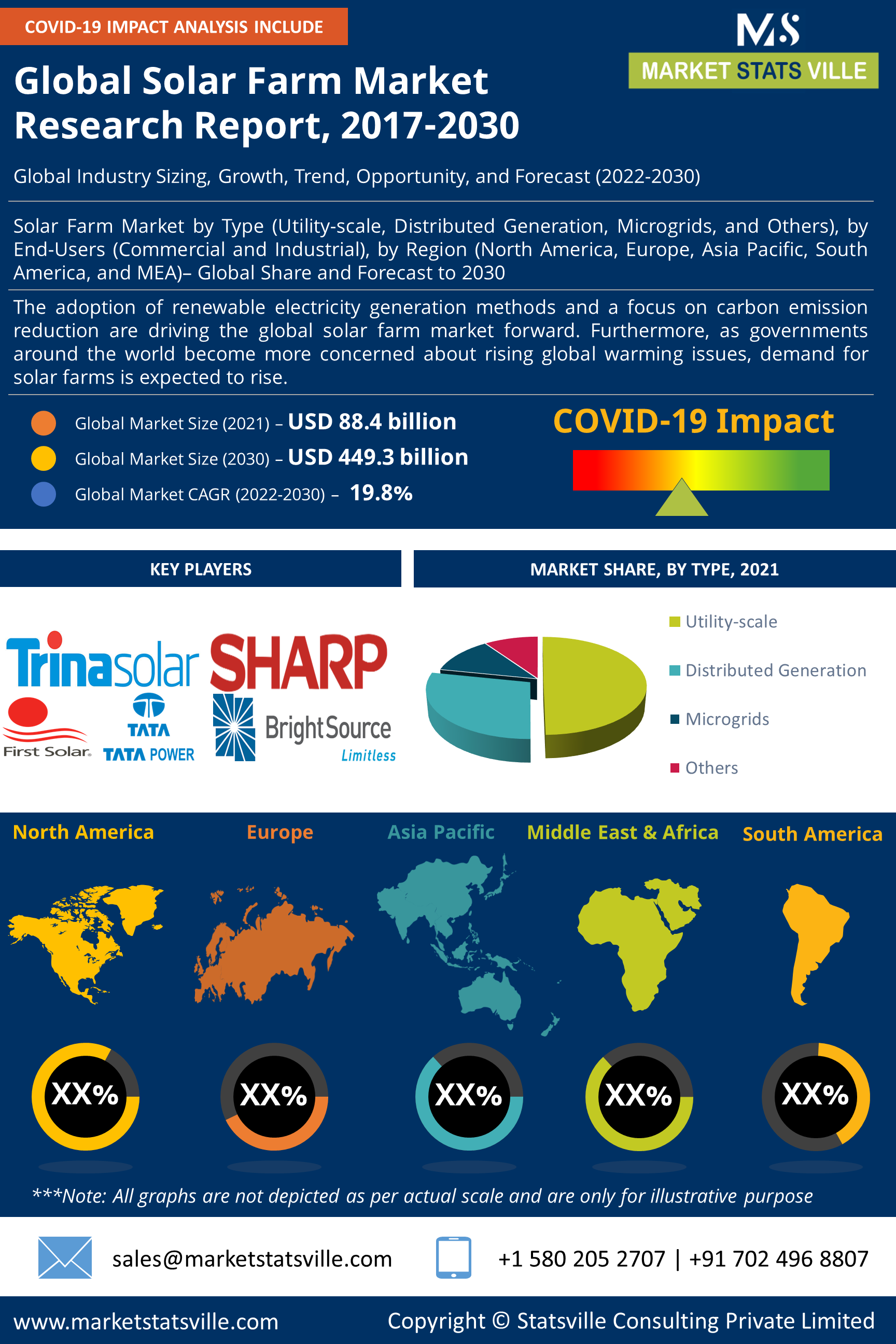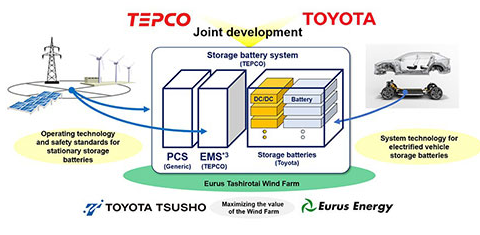
The recent Canada-EU summit has come to an end, and one of the announcements made on its heels was that renewable hydrogen was not just a topic of discussion but was also a central component of a decarbonization roadmap between the country and the bloc.
The recently completed summit took place in St. John’s, Newfoundland on Canada’s east coast.
Renewable hydrogen has been an important component of the climate change strategies in both Canada and the European Union. That said, neither had established a complete plan for cleanly producing, storing and transporting the fuel at the necessary scale. The new agreement is meant to move both places forward in a meaningful way toward their goals.
At the Canda-European Union Summit, Canadian Prime Minister Justin Trudeau hosted President of the European Council Charles Michel and President of the European Commission Ursula von der Leyen for two days. Together, they discussed several topics of mutual concern.
The location of the event, the Canadian province of Newfoundland and Labrador, is also the home of an emerging renewable hydrogen sector, making it an appropriate place to discuss H2 and come to agreements with regards to it.
A central component of the renewable hydrogen agreement involves trans-Atlantic trade.
Trans-Atlantic H2 trade boosting was one of the goals of the talks at the event, according to Von der Leyen. The efforts appear to have been successful as Canada and the EU both announced that they had established a joint roadmap to support the development of the industries on both sides of the Atlantic and the trade between the two. The idea is to use this strategy to help both the supply and the demand of H2 to grow and develop as needed.
Canadian Minister of Parliament Seamus O’Regan, the country’s Minister of Labor and Seniors, said that the roadmap to which the two parties agreed was a strategy that had been under development since the time when he was Minister of Natural Resources (2019-2021). He underscored that there was a great need to build both the supply and demand for this industry, and that a market must be created for it in order to achieve that target.
Creating the market
Developing a new industry for renewable hydrogen without making taxpayers foot the bill is a challenge, said O’Regan. That said, with the Canadian and European markets combined, the goal is to make the necessary size available to keep H2 prices low.







